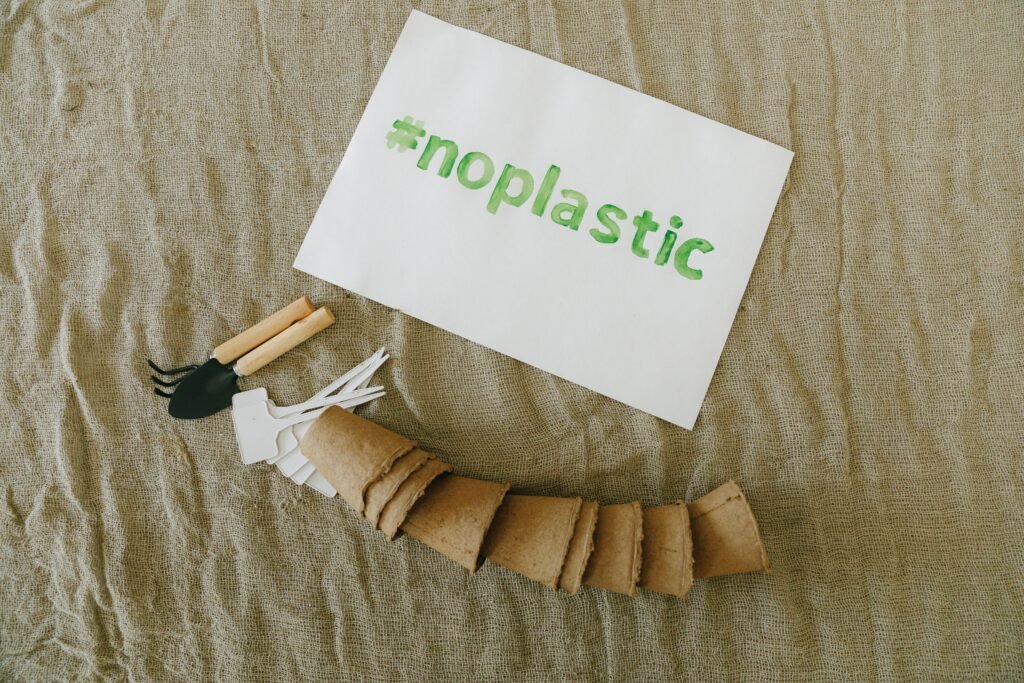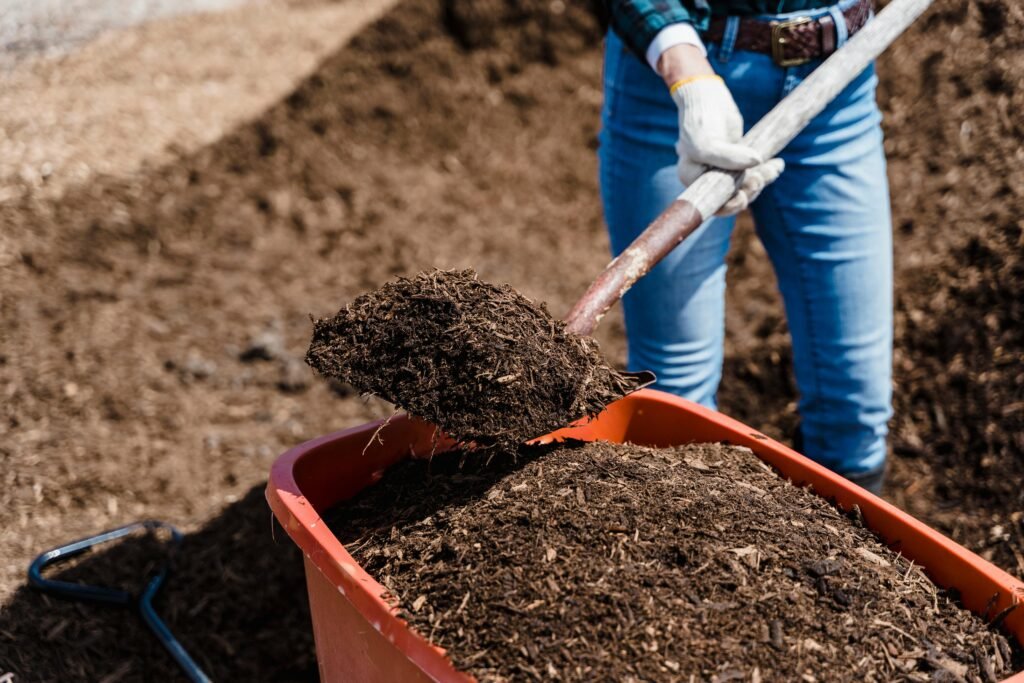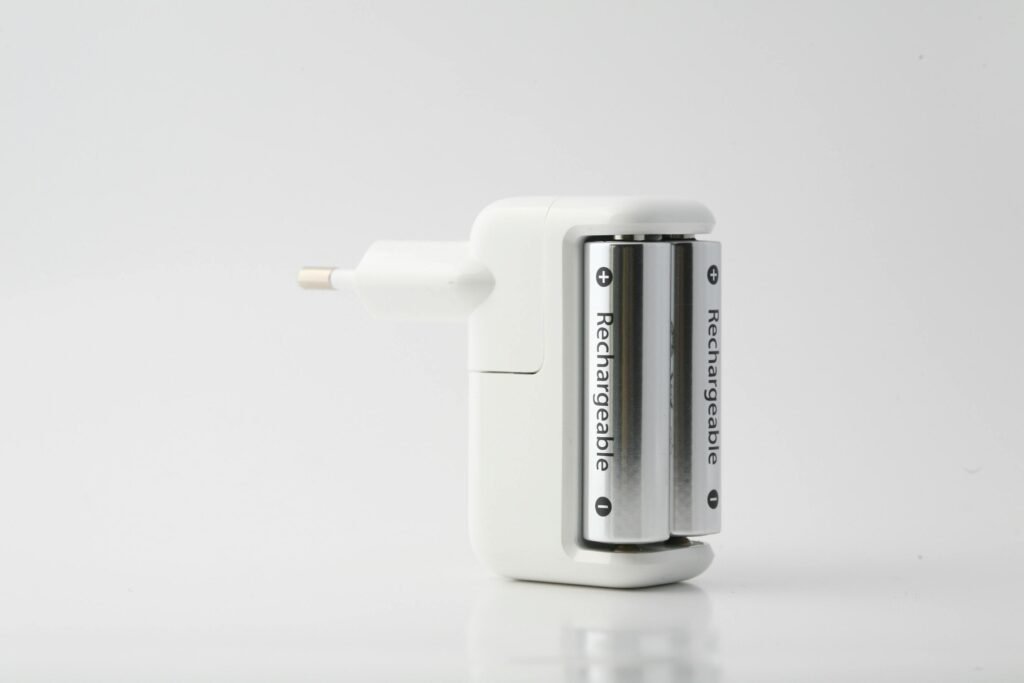What are Compostable Products?
Compostable products are those materials that decompose in a composting environment. Normally, we see that they breakdown within a specified duration. Once it breaks down, it returns vital nutrients back to the soil. This way, it increases the health status of the soil as well as decreases the usage of chemical fertilizers. Unlike the common plastics and all other non-biodegradable materials, the compostable ones are engineered in such a way that they break down safely. Basically, they do not leave behind any toxic residue or micro-plastics that cause harm to the environment and ecology.
Compostable products have to meet various standards set by organizations such as ASTM International or Central Pollution Control Board (CPCB) in India. These include the ability to break down into carbon dioxide, water, and biomass in a composting environment within 90 days. This is very much different from the usual plastics that take hundreds of years to decompose and cause pollution in landfills and oceans as well. Compostable products are produced mainly from renewable resources such as cornstarch, sugarcane, and many plant-based material types.
Compostable products have many environmental benefits as well. When we use compostable products, it reduces carbon footprints for the consumer and minimizes the quantity of waste in landfills. Compostable products help to divert organic waste from the traditional waste streams. Thus, it reduces methane emissions by greenhouse gases that are produced due to decomposition processes of non-compostable materials. Compostable products also promote environmentally friendly agricultural systems. This is because their decomposition leaves nutrients in the soil, which results in a healthier environment and better crop production.
Overall, using compostable products is a good way which helps the individuals and organizations to minimize the negative effects they have on the environment. Once we understand the difference between compostable products and more traditional materials, consumers are able to make more sustainable choices that result in having a healthier planet.
Types of Compostable Products
Compostable products are made from organic material that decomposes to enrich soil without causing any environmental harm. Nowadays, there are different kinds of compostable products available in the market to substitute plastic products. Such products are usually manufactured from various varieties of plant starches, sugarcane, and other biodegradable materials. Tus, it helps in proper decomposition without causing harm to the soil.
Compostable Bags
Compostable bags are the most widely used compostable products. Made from materials like corn starch or vegetable oils, they are an excellent answer to the problem of waste collection and disposal. Compared to standard plastic bags, compostable bags can decay in months, which means less volume of waste will be brought to landfills.
Compostable Utensils
Another is compostable utensils and plates, which is getting increasingly used nowadays for various kinds of foodservice. Most of these things are sourced from renewable resources such as PLA (polylactic acid, which comes from corn) or bagasse, a by-product of sugarcane processing. Using these materials helps in reducing plastic pollution, as well as, when their time is up, they decompose in a composting environment, returning nutrients to the soil.
Compostable Food Containers
The other very popular products are compostable food containers. That is because companies are becoming more interested in sustainable packaging. They are built to hold food securely but also to be made from materials such as sugarcane fiber or wheat straw. They are also like all the other compostable products that promote effective waste disposal since they are biodegradable. That is, they decompose naturally and enrich the soil.
This is a very important move toward the reduction of wastes and towards sustainability in the environment. With such options, every individual as well as a business will contribute to a circular economy that focuses on waste reduction and recovery of resources.

How to Use Compostable Products Effectively
Usage of compostable products is a straightforward approach for those who want to reduce their environmental footprint. Strategically using these items will help people significantly reduce waste. Among the most common places to begin, one of which is in the kitchen, compostable kitchen bags could make a big difference in the disposal of food waste. These bags are designed to decompose along with organic waste, thus creating nutrient-rich compost for gardens and plants.
Compostable shopping bags may give you an alternative source of shopping bags instead of the regular plastic in use. Today, many supermarkets provide such ecological alternatives that are as convenient as normal plastic bags. A good idea would be to keep a few bins of compostable bags in the car or even at home and have them ready for use when needed during shopping. This will therefore see a significant decrease in the number of single-use plastics being used.
Some good substitutes for plastic wrap and disposable boxes when storing food are compostable boxes and wraps. They store leftovers but will also be ready for composting once they are no longer needed. Before using these compostable items, make sure the certification labels indicate that they meet the standard of being able to compost. Then you know it will break down correctly in the compost pile and not end up as rubbish in the landfill pile.
Apart from the kitchens, it is equally beneficial to apply the compostable products in other parts of the houses. For example, using compostable plates and utensils in events and parties reduces the amount of waste generated and simplifies clean-up after an event. There are plenty other uses for compostable materials in gardening, including seedling pots or plant labels. Thus, it supports a circular economy that gives nutrients back to the soil. These practices can be very effective for a person in their efforts to minimize waste in general and toward living a more sustainable life.

Disposing of Compostable Products Properly
Compostable products are nontoxic, biodegradable alternatives to the traditional plastics. In order to maximize their environmental benefits, their proper disposal is very important. Compostable materials function in a different way than ordinary waste, which are normally buried in landfills: they are developed to decompose and contribute to the nutrient value in soil. It is best, therefore, to compost these products instead of disposing them with common garbage.
You can easily dispose of compostable items in your home with a home composting system. It simply involves creating an environment where organic materials can decompose naturally. You can start by choosing a specific area in your backyard or balcony. it can either be the compost bin, a pile, or even a specialized tumbler. Layer green materials, such as vegetable scraps or coffee grounds, with brown materials like dried leaves or cardboard to create a balanced compost mix. Maintain right moisture levels and aeration of the mixture regularly to speed up the composting process.
You may also be able to use a service from a local composting operation, as this will save you time and labor. Many towns offer curbside pickup for residential members. In these cases, just place your compost products in designated bins and set them out for collection. It provides an excellent opportunity for responsible waste management and local sustainability. Contact your municipality to find out what materials are accepted and any special requirements of the program.
In addition, the products need to be identified properly as compostable products. There should be labels on the product stating that it is compostable. One needs to understand what such markings mean in order to discard them in the right bins which further helps in proper waste management and keeps the environment much cleaner.
Do share your thoughts by commenting below.






